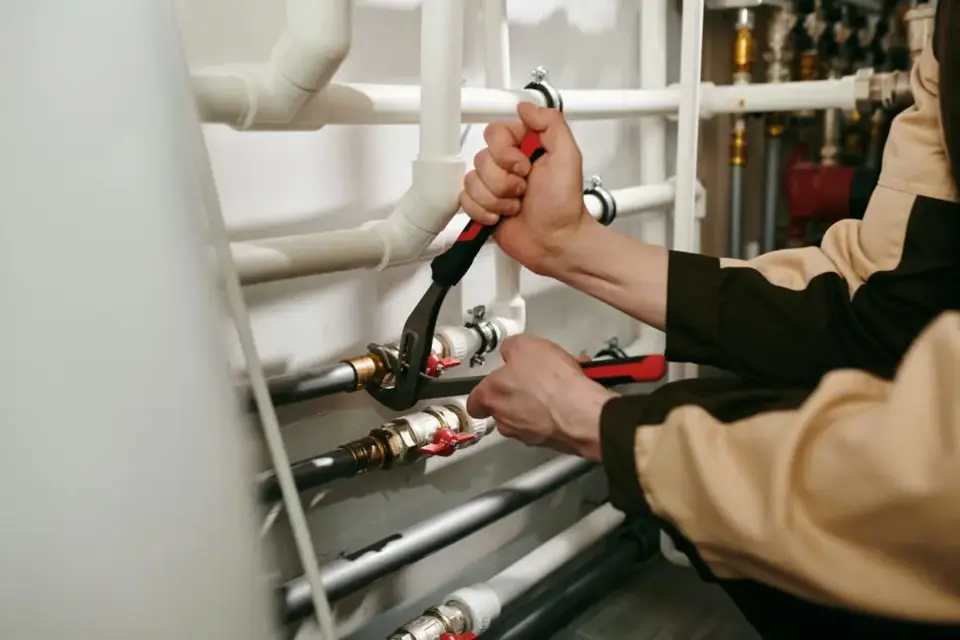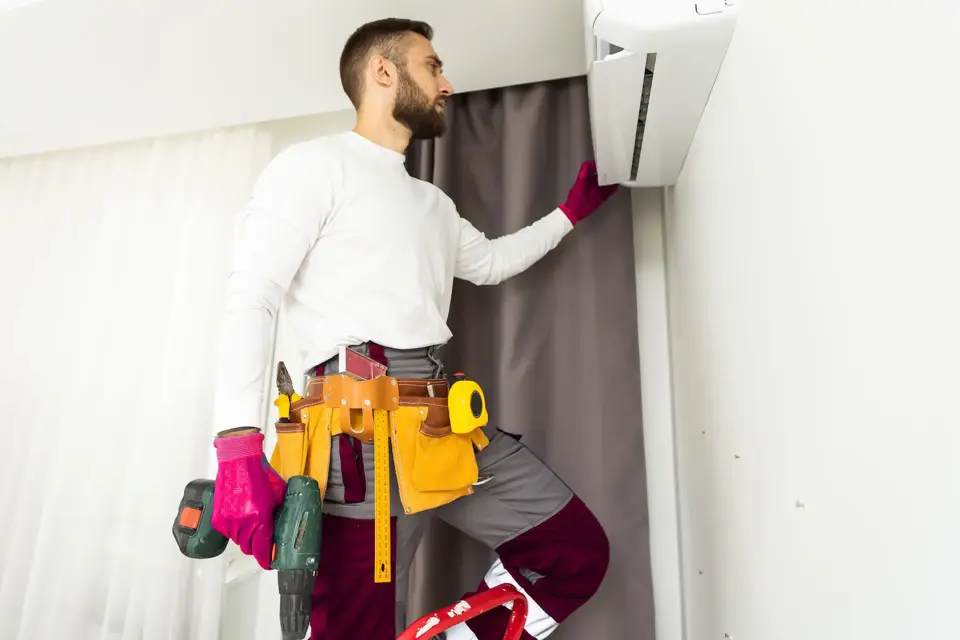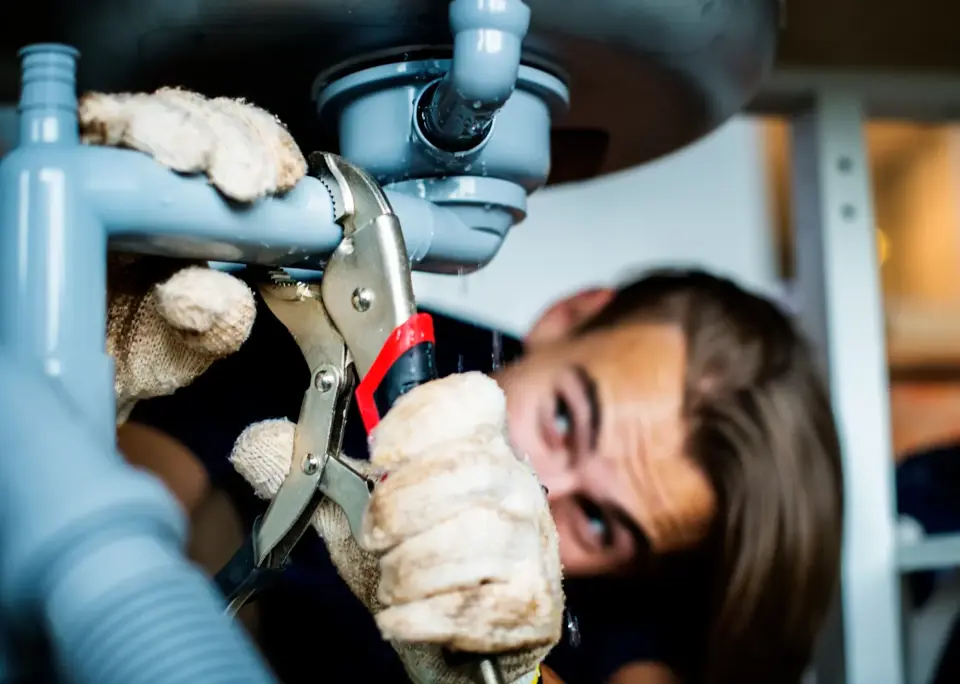Your HVAC system plays a vital role in keeping your home comfortable throughout the year. Whether it’s hot summer days or chilly winter nights, a well-functioning HVAC system makes a big difference. But what happens when your system starts acting up? Knowing whether to repair or replace your HVAC system can help you save time, money, and stress.
Deciding between repair and replacement depends on several factors, including the age of your system, the cost of repairs, and how well it’s performing. Sometimes, a simple repair can get your system back on track. Other times, replacing the entire unit is a better long-term solution. Making the right choice can improve your home’s comfort and energy efficiency.
Understanding the signs that indicate whether your HVAC system needs repair or replacement is essential. This article will walk you through how to identify these signs and provide helpful tips for making the best decision. By the end, you’ll have a clear idea of what steps to take to ensure your HVAC system works effectively.
Signs Your HVAC System Needs Repair
Knowing when your HVAC system needs a repair can prevent small problems from becoming big headaches. Here are some signs to watch out for:
– Unusual Noises: If you hear banging, clanking, or squealing sounds, it could mean that parts inside the unit are loose or worn out.
– Inconsistent Temperatures: If some rooms are too hot while others are too cold, your system might be struggling to distribute air properly.
– High Energy Bills: A sudden spike in your energy bills can indicate that your HVAC system is working harder than it should, which often means it needs repair.
– Frequent Cycling: If your system turns on and off more frequently than usual, there might be an issue with the thermostat or other components.
– Unpleasant Smells: Musty or burning odors can be a sign of mold growing inside the unit or an electrical issue that needs immediate attention.
Paying attention to these signs can help you catch problems early and keep your HVAC system running smoothly. Always call a professional if you notice any of these issues.
When It’s Time to Replace Your HVAC System
Sometimes, repairing your HVAC system isn’t enough, and replacement becomes the better option. Here’s when you should consider replacing your unit:
– Age of the System: Most HVAC systems last about 10-15 years. If your system is within or over this age range, a replacement might be more cost-effective in the long run.
– Frequent Repairs: If you’re calling for repairs more often, it may be time to replace the system. The costs of frequent fixes can add up quickly.
– Inefficiency: Older HVAC systems are generally less energy-efficient. Newer models use less energy, which can save you money on utility bills and be better for the environment.
– High Repair Costs: If a major component like the compressor or heat exchanger fails, the repair costs can be nearly as high as a new unit. In such cases, replacing the system is often a smarter choice.
– Outdated Technology: New units come with improved technologies, such as better thermostats and air quality features, enhancing comfort and air quality in your home.
Considering these factors can help you decide when it’s more beneficial to replace your HVAC system instead of continuing to pour money into repairs. Replacing your system at the right time can offer better efficiency, lower utility bills, and improved overall comfort.
Cost Comparison: Repair vs. Replacement
Choosing between repairing and replacing your HVAC system often comes down to cost. Here’s how to make an informed decision:
– Initial Repair Costs vs. Replacement Costs: Calculate the immediate expense of repairing your current system compared to buying a new one. Repairs might be cheaper in the short term, but if they’re frequent or costly, replacement might be more economical.
– Long-term Savings: Consider the long-term savings of a new, energy-efficient system. While the upfront cost of replacement is higher, a new unit can lower your energy bills significantly, saving you money in the future.
– Warranty Considerations: New HVAC systems come with warranties that cover parts and sometimes labor for several years. These warranties can protect you from out-of-pocket expenses for repairs, making replacement more attractive if your current unit is constantly breaking down and out of warranty.
– Repair Frequency: If your system needs repairs more than once a year, or each repair costs a significant amount, it might make more sense financially to invest in a new system. Continuous repairs can add up quickly, making replacement the better overall value.
Evaluating these costs will help you decide which option is better for your situation, ensuring you make a financially sound choice.
How to Choose the Right HVAC System for Your Home
Selecting the right HVAC system for your home involves a few important steps:
1. Determine Your Needs: Consider the size of your home, the climate you live in, and your family’s comfort preferences. Larger homes may need more powerful systems, while moderate climates might require a simple unit.
2. Research Energy Efficiency: Look for systems with high SEER (Seasonal Energy Efficiency Ratio) ratings. Energy-efficient systems cost more initially but save money on energy bills over time.
3. Consider Features: Modern HVAC systems come with various features like programmable thermostats, zoned heating and cooling, and air quality enhancements. Decide which features are important to you and your family.
4. Check Compatibility: Ensure the new system is compatible with your home’s existing ductwork and electrical setup. Some high-efficiency systems might need updates to your current infrastructure.
5. Get Professional Advice: Consult with HVAC professionals to help you evaluate your home’s specific needs. They can offer recommendations tailored to your situation and provide installation services.
By following these steps, you can select an HVAC system that meets your needs, is energy-efficient, and fits within your budget.
Conclusion
Choosing whether to repair or replace your HVAC system is a big decision but understanding the factors involved can make it easier. Knowing the signs that indicate your system needs repair, recognizing when it’s time for a replacement, comparing costs, and selecting the right new system are key steps in this process.
Remember that a well-maintained HVAC system keeps your home comfortable and energy-efficient. Regular professional inspections and preventive maintenance can extend the life of your system and prevent unexpected breakdowns. Investing in a new HVAC system can improve your home’s comfort, reduce energy costs, and add value to your property.
If you’re unsure about your HVAC system’s condition or need expert advice, Gene Burch Plumbing Heating & Air is here to help. Our team of skilled professionals can assess your system, offer recommendations, and provide top-quality repairs or HVAC installation services. Contact us today to ensure your home’s comfort and safety all year round.






